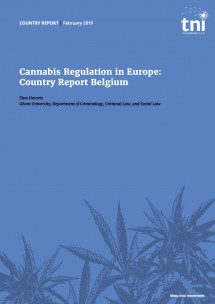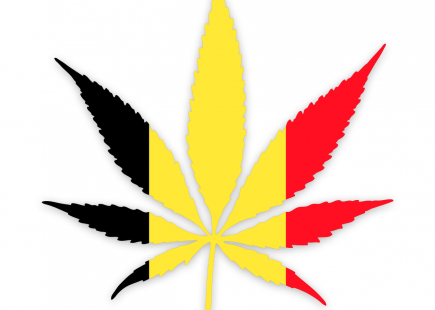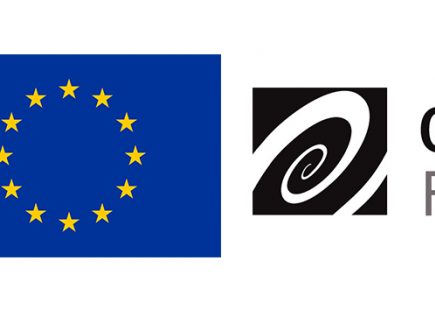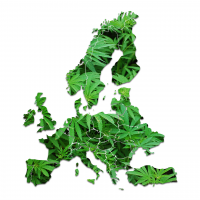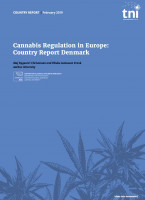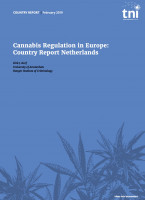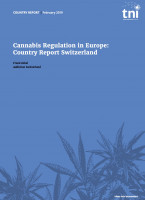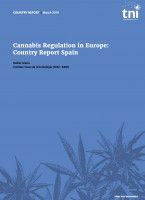Due to globalisation, drug policy is largely viewed as essentially an international matter. International treaties formulated in the United Nations (UN), the European Union (EU) and European Council (EC) do not allow for the large-scale production, distribution or trade of cannabis for recreational or medicinal purposes (Fijnaut & de Ruyver, 2014). Throughout the development of its drug policy, Belgium has always operated within the frameworks of international and European policy. The country does, however, have own nuances in its drug policy, making the illicit traffic and distribution of psychotropic substances of any kind (including cannabis) illegal. Furthermore, Belgium is bound to the Schengen Agreement and should thus act as a ‘good neighbour’ to other Schengen countries.
Within these bodies, there have been attempts to discuss the question of legalising cannabis, although most individual member states are still opposed to such a reform – which impedes the discussion as such – whereas international and European bodies have few tools to impose a new overarching drug policy. The support of these individual member states is essential if there are to be any changes put in motion at these levels. The standpoint of Belgium’s current federal government is clear on this matter and there is no domestic support for such an international or European endeavour. This does not necessarily mean that it is impossible for Belgium to organise a di erent model of regulation in its own right. In policy terms, however, this is not under current consideration. Local elections were held in 2018, and national elections will be held in 2019. Changes (or their absence) in our domestic drug policy will depend on the outcome of these election.
This project has been funded with support from the European Commission. The publications reflect the views only of the authors, and the European Commission cannot be held responsible for any use which may be made of the information contained therein.
